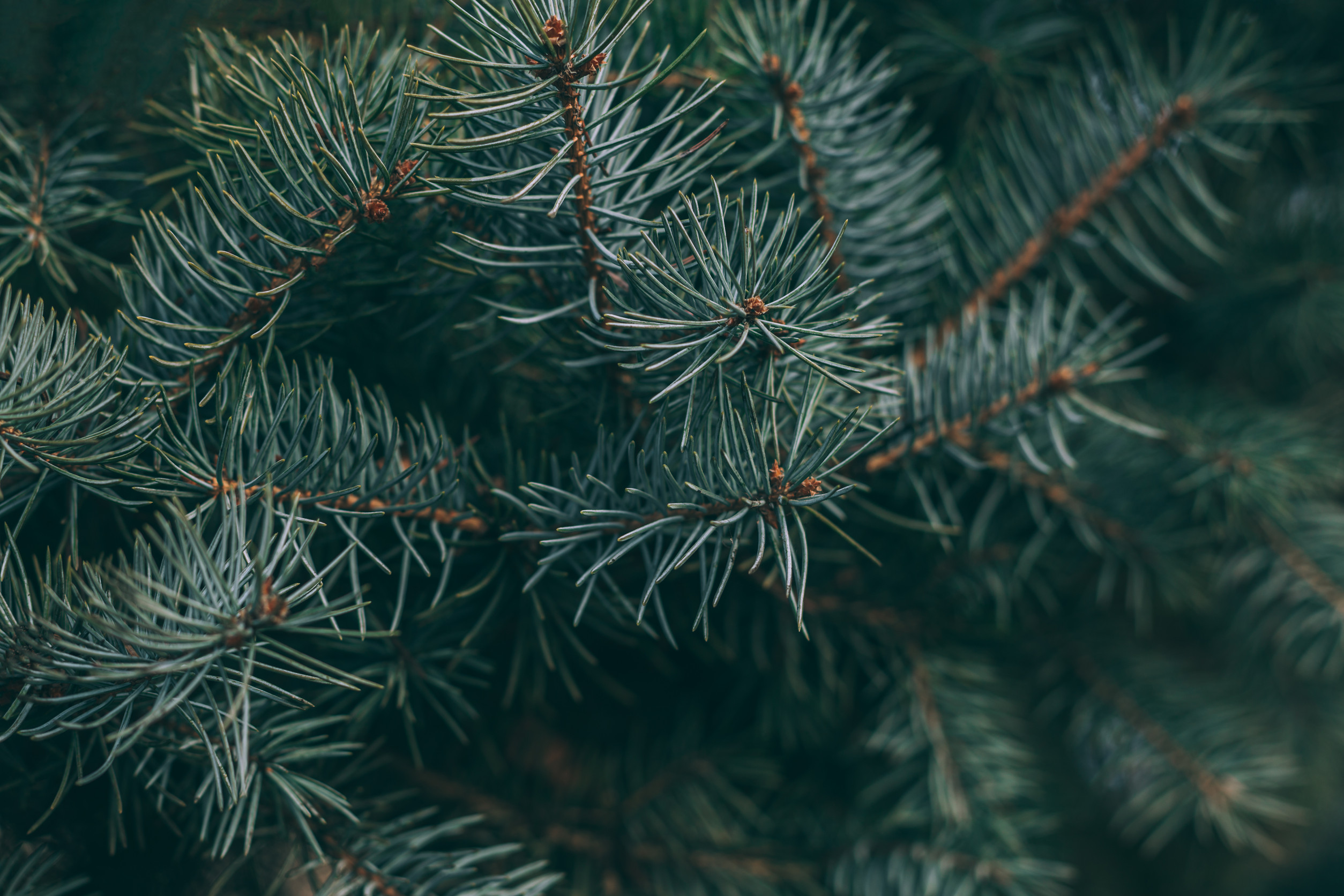BY THE OPTIMIST DAILY EDITORIAL TEAM
Move over, sniffer dogs! Scientists in Tanzania are now using African giant pouched rats to locate smuggled wildlife products such as pangolin scales, rhino horns, elephant tusks, and illegal timber. The organization Apopo‘s effort capitalizes on these rodents’ exceptional sense of smell, potentially providing law enforcement with a new tool in combating a $20 billion-a-year illegal wildlife trade.
Apopo, a Belgian-founded NGO located in Tanzania, has already trained its rats to detect landmines and disease, demonstrating that these small animals can tackle significant hurdles. The rats, named after conservation luminaries such as David Attenborough, are being trained to detect out-trafficking species. “These rats have incredible noses,” Apopo researchers claim, “and they’re showing that they can remember scents for a very long time—possibly as long as sniffer dogs.”
How are the rats trained?
Training these rats is not a simple process. Initially, the Apopo team exposed eight rats to fragrances derived from pangolin scales, rhino horn, wood, and ivory. They began with easy tasks, such as rewarding rats with food pellets if they held their nose over one of these scents for three seconds. Over time, the training became more intense. Rats wore little red vests tied to leashes and equipped with a beeper. When the rats found contraband, they would use their front paws to inform handlers and receive a food incentive for their discovery.
One of the most striking features of Apopo’s research is the rats’ long-term scent retention. After eight months of no exposure to pangolin, wood, or rhino horn scents, the rats still properly detected these compounds, indicating a memory comparable to trained sniffer dogs. However, Apopo scientists warn that their accuracy with elephant ivory may require further testing, as the ivory was stored with rhino horn, causing some rats trained on rhino horn to detect ivory as well.
A successful real-world test
After considerable training, it was time to see how these rats would perform in the field. In 2023, Apopo conducted a real-world simulation in Tanzania’s major port of Dar es Salaam. The rats had to discover hidden illegal wildlife products within stacks of cargo containers. According to Apopo, the rats correctly identified 85 percent of the planted samples, even via the vents in shipping containers. The findings point to a possible future for rats as sniffer animals in high-volume shipping zones where illegal wildlife items are frequently transported.
Why rats might be game changers in anti-trafficking efforts
African giant pouched rats are inexpensive, easily trainable, and have a remarkable sense of smell. Their small stature also enables them to fit into spots that larger animals may miss, such as container vents and restricted cargo compartments. Furthermore, the use of rats provides a sustainable and scalable component to wildlife preservation operations. As conservationists continue to fight the illegal wildlife trade, these tiny heroes could have a significant impact.
Source study: Frontiers in Conservation Science—Ratting on wildlife crime: training African giant pouched rats to detect illegally trafficked wildlife












